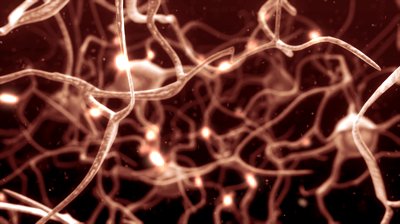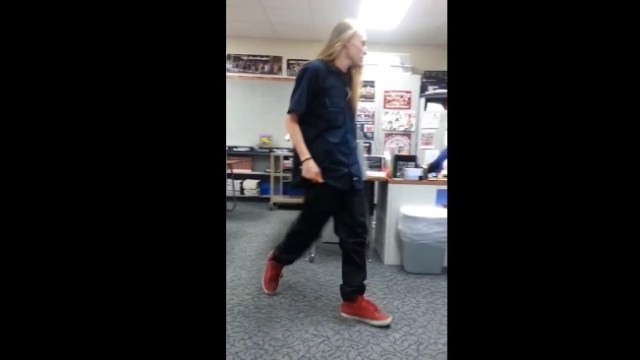It’s Time to Sail the Inner Cosmos of the Brain

In 1610, when Galileo discovered through his telescope that the earth was not at the center of all the orbits but instead he got the clinching proof that the earth was itself moving, religious critics decried that as a dethronement of man from his position at the center of things.
And that essentially provides an analogy to what’s happening in modern neuroscience, in which we’re realizing we’re not at the center of things, we’re not really the ones driving the boat.
There’s a sense in which we’ve always known that because you’ve got this huge history of all your genetics and all of your life experiences coming together and making you who you are. But the nice part is, when you look at what’s happened in the last 400 years in space physics, what we’ve found is that the universe is much more vast and subtle and wondrous than we ever would have imagined. So dethronements have and upside and what Galileo discovered allowed us to understand that it’s a much more lovely cosmos out there than we would have suspected.
And I think that’s exactly analogous to brain science. As soon as we abandon the first intuitions we have, that we’re the ones in control of everything, then we can start sailing into the inner cosmos and discovering all sorts of new planets and life forms and things like that on the inside of our skulls.
60 Second Reads are recorded in Big Think’s studio.
Image courtesy of Shutterstock.





